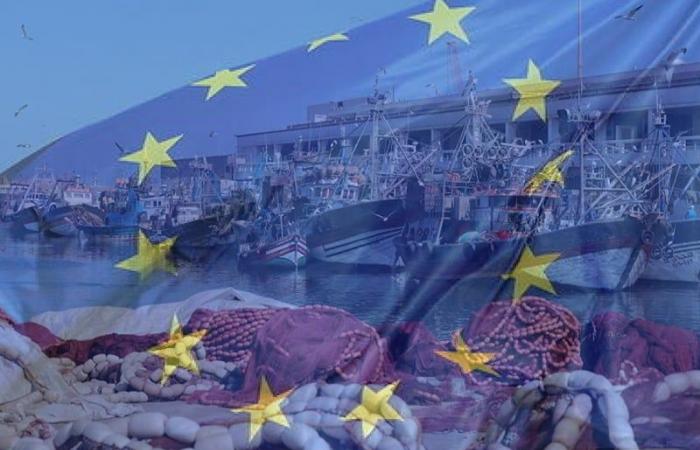As tensions around trade rights and the Sahara persist, Washington and its European partners find themselves at a crucial turning point. If these powers fail to find common ground, they risk ceding their influence to the benefit of Russia and China, who will not fail to seize this opportunity to strengthen their strategic presence in Morocco, underlined a recent analysis published by the Washington Institute for Near East Policy.
According to the analysis called “EU-Morocco relations: between law and politics”, the judgment of the Court of Justice of the European Union (CJEU) complicates relations between two key American allies. Dated October 4, this judgment invalidated trade agreements between the EU and Morocco relating to fishing and agricultural products, due to their inclusion of the Sahara, a disputed territory. The decision, which states that such agreements require the consent of the local population, was a major blow to the EU.
This turnaround could a priori offer investment opportunities for the United States in Morocco. However, reality rather suggests a rapprochement between Rabat and China and Russia, unless concrete actions are taken, thus encouraging decision-makers on both sides of the Atlantic to resolve this legal impasse, underlined the same source. For the EU, this means ensuring that its agreements comply with the requirements of the CJEU. Washington, for its part, could play a decisive role in advocating for a UN resolution concerning the Sahara.
Currently, the judgment imposes legal obligations on the EU that could harm its growing political and economic relations with Morocco. Spain and France, having deepened their ties with Rabat, have adjusted their positions on the Sahara in favor of the Kingdom’s 2007 plan, which proposes autonomy under its sovereignty. In addition, twenty EU member states officially support this plan, recalled Souhire Medini, the author of the analysis.
The same day the judgment was announced, the President of the European Commission, Ursula von der Leyen, and the former High Representative, Josep Borrell, affirmed the EU’s desire to maintain and strengthen its relations with Morocco . This position was reaffirmed two weeks later by the European Council. This partial solidarity explains the measured response from Morocco, which declared that it did not consider itself affected by this decision.
On the other hand, the Trump administration had previously reinforced Rabat’s expectations by recognizing its sovereignty over the Sahara. Although the Biden administration has expressed some ambivalence about this turn, it has not reversed the decision. As the new Trump administration approaches, concrete actions are expected to solidify this recognition, in particular the opening of a consulate in Dakhla as promised in 2020 and the possibility of attracting American investments, the author indicated.
Furthermore, although the free trade agreement signed two decades ago does not impose legal obstacles to foreign direct investment in the Sahara, the lack of growth in American investments so far could s explained by hesitations linked to the president’s past decisions. This table could evolve favorably. However, the growth of US economic relations will undoubtedly be hampered by the fact that the EU remains Morocco’s largest trading partner and investor. Furthermore, any major investment in the Sahara will require security guarantees.
Furthermore, the recent judgment of the CJEU could encourage Morocco to move closer to Russia and China, despite traditionally limited relations between these countries. Although they are more allied with Algeria and do not support Rabat’s 2007 autonomy plan, they are intensifying their interests in Morocco, particularly in the Sahara, by investing in sectors such as fishing and green hydrogen. Trump’s potential return to power could complicate Moroccan cooperation with China, but Rabat will seek to collaborate with partners willing to support its priorities.
According to the researcher, The European Commission is preparing to release its findings on trade relations between the EU and Morocco. In this context, and given the shared interest of Washington and Europe in defusing the current crisis, strategic actions are necessary. A thorough consultation must be carried out with the population of the Sahara for trade agreements to meet the requirements of the CJEU. Although the Court suggested that local consent need not be explicit, it is imperative that projects be developed in close collaboration with and for the benefit of local residents, in accordance with international law on Non-Self-Governing Territories .
In addition, she said it is crucial to promote a more transparent and active UN resolution process, in collaboration with Morocco. The United States, involved in international mediation and drafting the MINURSO mission, should push the UN to clarify the steps needed to move forward, rather than complicate the situation.






